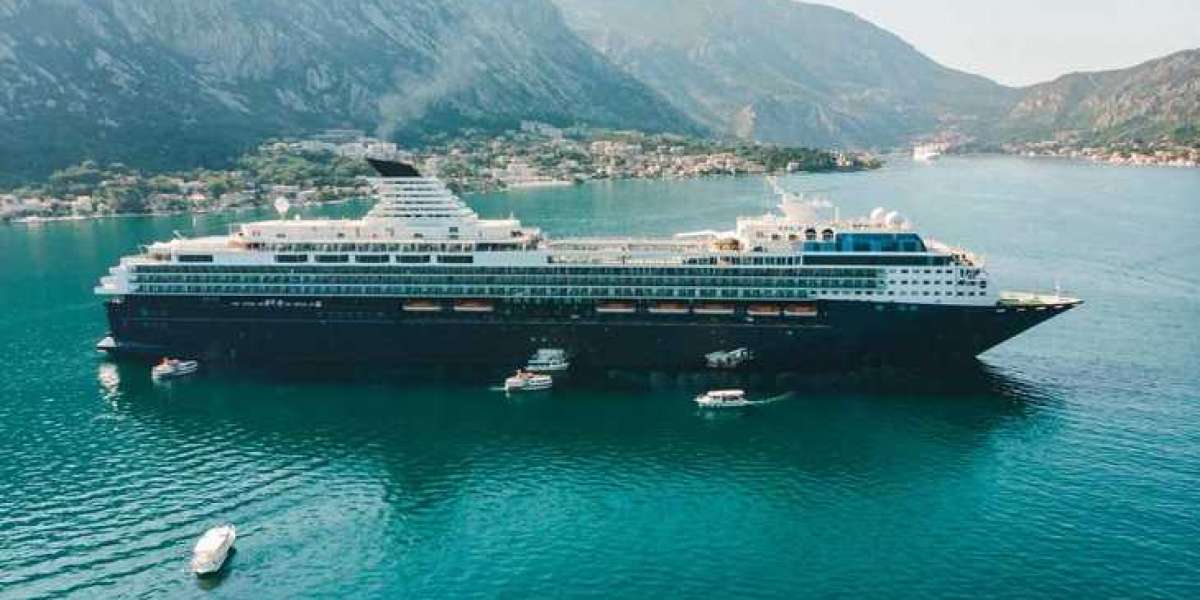In today's digital age, the ability to track cruise ships in real-time has transformed both maritime navigation and the tourism industry. Cruise ship tracker offer a wealth of information, ensuring safety, enhancing passenger experience, and providing enthusiasts with a window into the world of luxury liners as they traverse the globe.
What is a Cruise Ship Tracker?
A cruise ship tracker is an advanced system that utilizes satellite and Automatic Identification System (AIS) technology to monitor the movements of cruise ships in real time. These trackers provide detailed information about a ship's current location, speed, destination, and estimated time of arrival. The data is often displayed on interactive maps, accessible via websites and mobile applications.
Key Features and Benefits
Real-Time Location Data: Cruise ship trackers provide up-to-the-minute information on a ship's precise location, allowing for accurate monitoring of its journey across the seas.
Safety and Security: By tracking the exact position of cruise ships, maritime authorities can ensure safer navigation, respond promptly to emergencies, and avoid potential collisions.
Enhanced Passenger Experience: Passengers and their families can use these trackers to stay informed about the ship's itinerary, upcoming ports of call, and weather conditions, contributing to a more enjoyable travel experience.
Operational Efficiency: Cruise lines utilize tracking data to optimize routes, manage fuel consumption, and adhere to schedules, thereby enhancing operational efficiency and reducing costs.
Environmental Monitoring: Advanced cruise ship trackers also integrate environmental data, helping to monitor and minimize the ecological impact of maritime operations.
Applications in the Tourism Industry
The tourism industry has greatly benefited from the integration of cruise ship tracking technology. Tour operators, travel agents, and cruise enthusiasts can access a plethora of information, from planned itineraries to real-time tracking, making it easier to plan and manage travel experiences.
Travel Planning: Prospective passengers can choose cruises based on detailed itineraries and schedules available through tracking systems, ensuring they select voyages that best match their preferences.
Interactive Experiences: Many cruise lines offer interactive tracking as part of their onboard services, allowing passengers to follow the ship’s progress and learn about upcoming destinations.
Marketing and Engagement: Cruise lines use tracking data to create engaging content for social media and marketing campaigns, sharing the real-time location of their ships and highlighting unique travel experiences.
Educational Tool: Educators and maritime enthusiasts use cruise ship trackers to study maritime routes, shipping logistics, and the geography of the world's oceans.
Conclusion
Cruise ship trackers have become an indispensable tool in modern maritime navigation and the tourism industry. By providing real-time data, enhancing safety, and enriching the passenger experience, these systems are revolutionizing how we travel and interact with the world's oceans. As technology continues to advance, the future of cruise ship tracking promises even greater innovations, ensuring safer seas and more enjoyable voyages for all.




